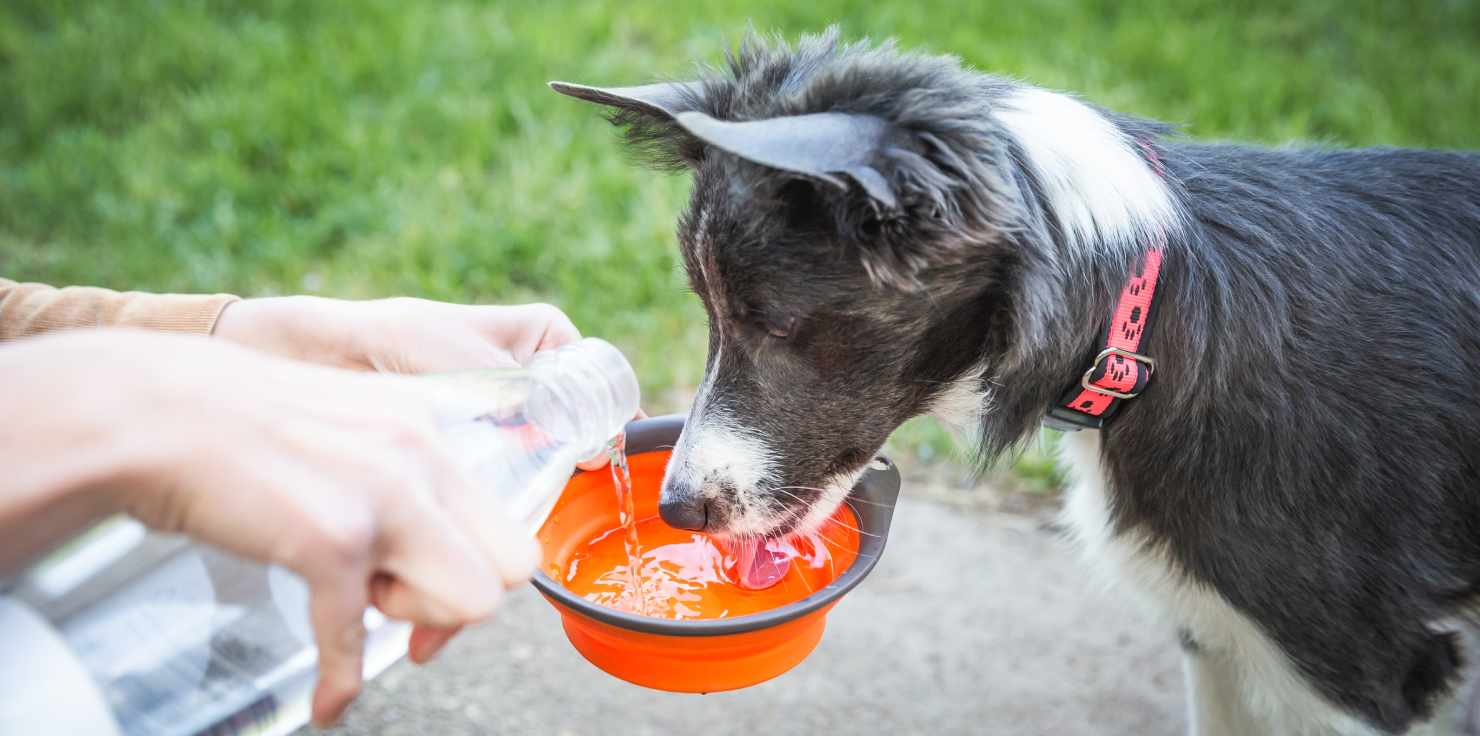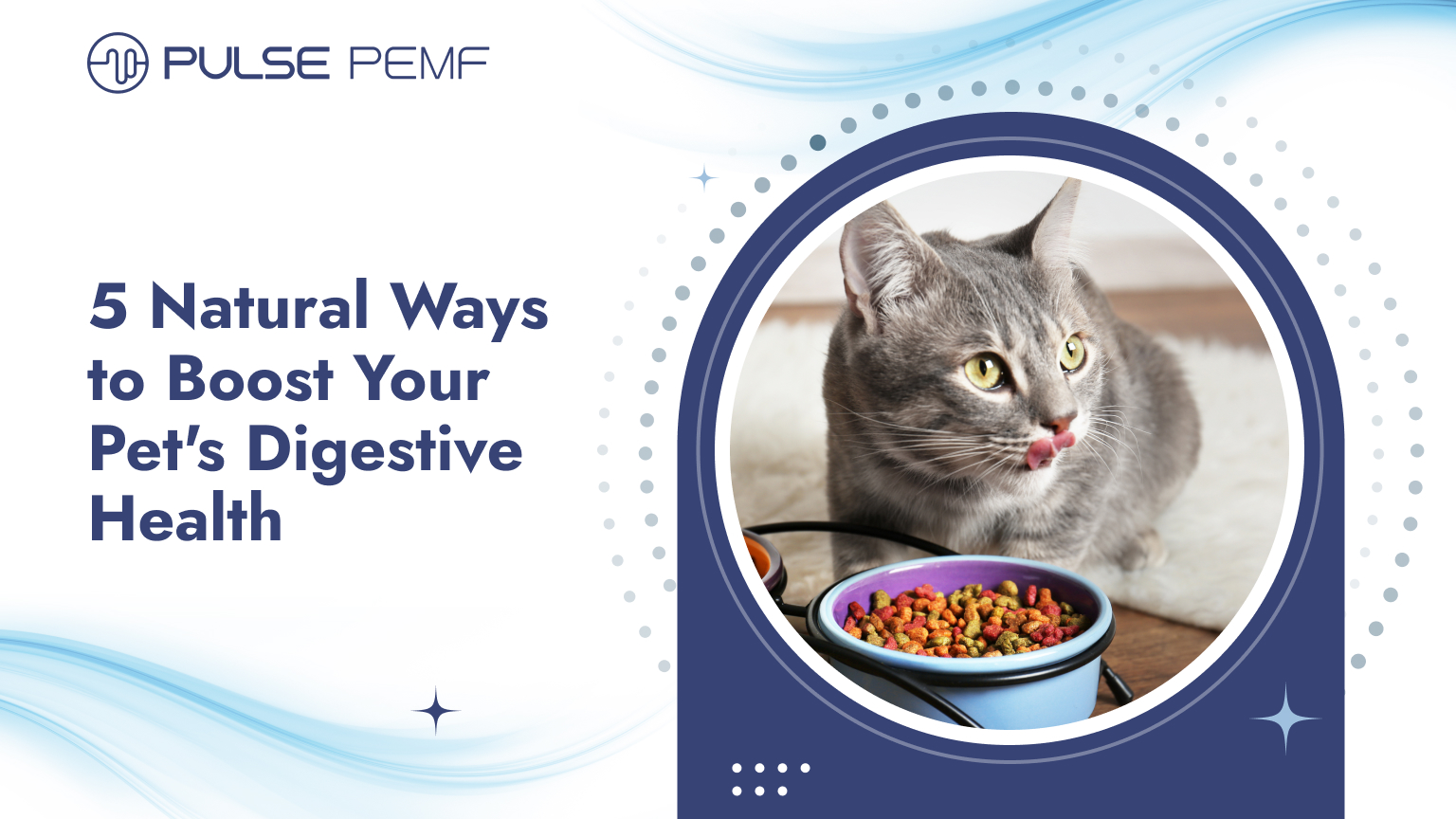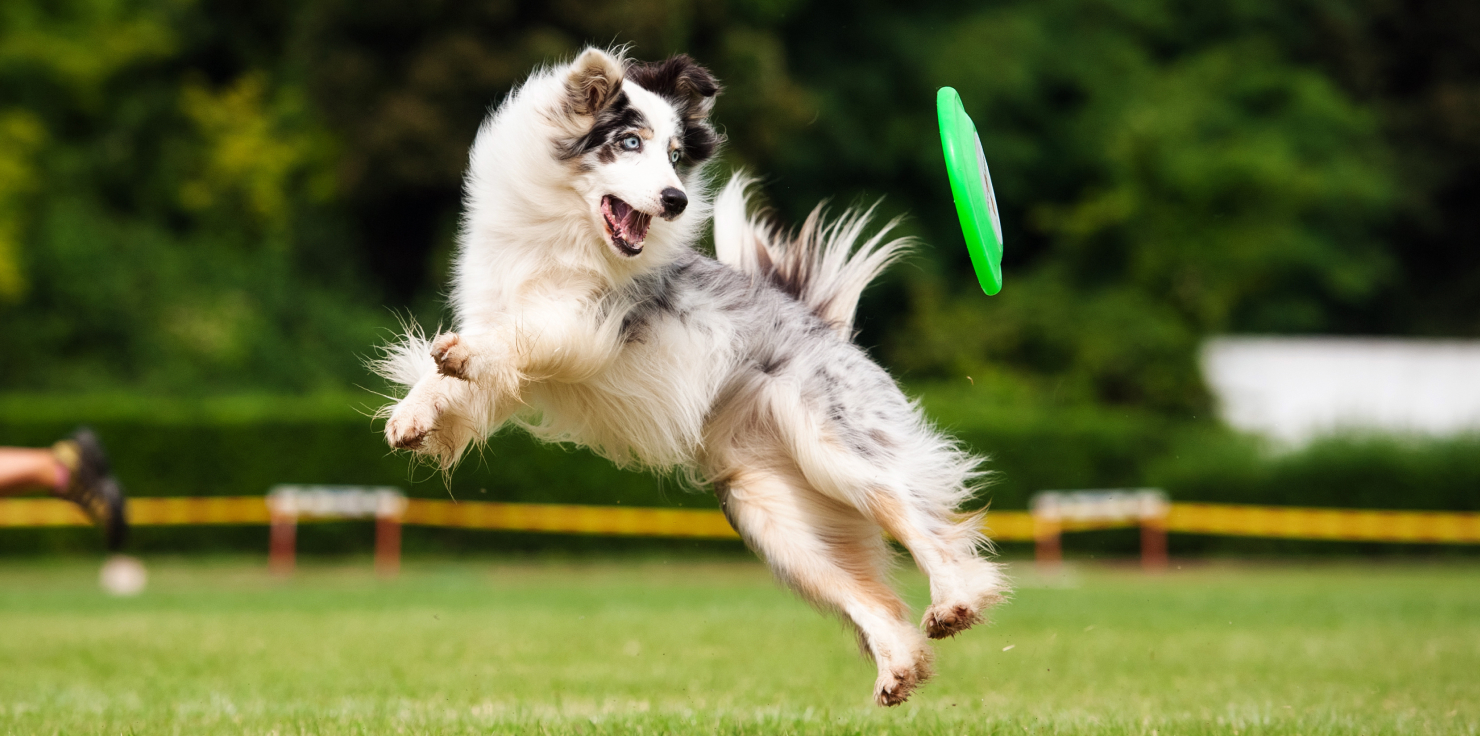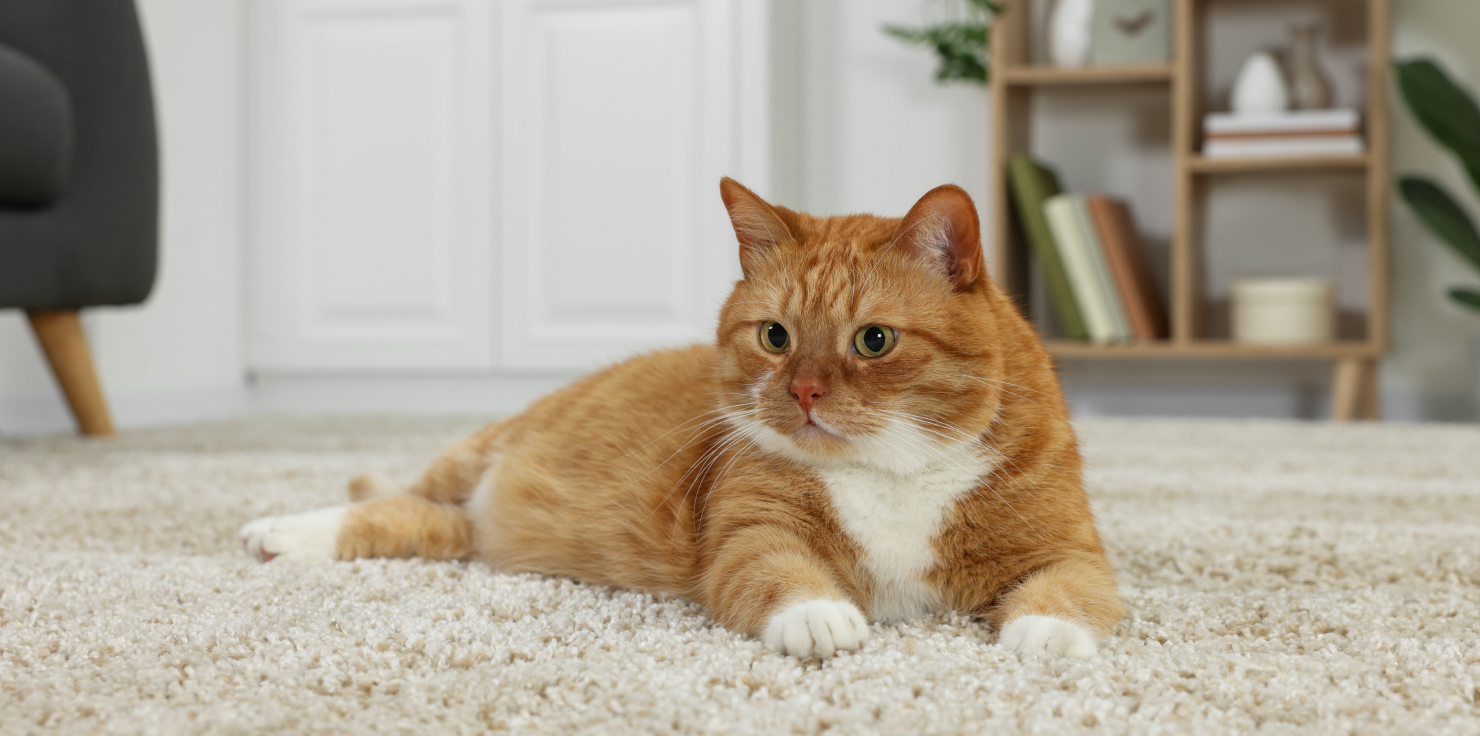Digestive health plays a crucial role in your pet’s overall well-being. Proper digestion ensures optimal nutrient absorption, healthy energy levels, and a strong immune system. By implementing a few simple lifestyle changes and natural remedies, you can help support your pet’s digestive health and promote a happier, healthier life.
This blog post will explore five natural ways to improve your pet’s digestion. From dietary adjustments to complementary therapies, these tips can make a significant difference in your pet’s health and happiness. Let’s dive in and discover how you can help your furry friend feel their best!
1. Provide a Balanced and Fiber-Rich Diet
Importance of Fiber in Digestive Health
Fiber is essential for maintaining healthy digestion in pets. It helps promote regular bowel movements and prevents constipation. Fiber also helps maintain a healthy gut microbiome, which plays a crucial role in digestion and overall health.
Foods Rich in Fiber
Here are some fiber-rich foods that you can incorporate into your pet’s diet:
- Pumpkin: A natural source of fiber, pumpkin can help regulate digestion and soothe the digestive tract.
- Sweet Potatoes: These root vegetables are packed with fiber and other essential nutrients.
- Green Beans: Green beans are a low-calorie, fiber-rich vegetable that can be added to your pet’s food.
When introducing new foods to your pet’s diet, do so gradually to avoid digestive upset. Consult with your veterinarian to determine the appropriate amount and frequency of these fiber-rich foods for your pet’s specific needs.
2. Ensure Proper Hydration

Role of Water in Digestive Health
Adequate water intake is crucial for maintaining optimal digestive health. Water helps to soften food, making it easier to digest and pass through the digestive tract. It also helps to prevent dehydration, which can lead to constipation and other digestive problems.
Hydration Tips for Pets
Here are some tips to ensure your pet stays hydrated:
- Fresh Water: Always provide your pet with fresh, clean water.
- Wet Food: Incorporating wet food into your pet’s diet can help increase their water intake.
- Water Additives: During hot weather, you can add a small amount of low-sodium broth or water additives to your pet’s water bowl to encourage them to drink more.
3. Incorporate Probiotics and Prebiotics
Benefits of Probiotics for Gut Health
Probiotics are beneficial bacteria that can help improve your pet’s digestive health. By introducing healthy bacteria into the gut, probiotics can:
- Support digestion: Promote the growth of beneficial gut bacteria, leading to improved digestion and nutrient absorption.
- Reduce digestive issues: Help alleviate symptoms of diarrhea, bloating, and other digestive problems.
Prebiotic Foods and Supplements
Prebiotics are a type of fiber that feeds the beneficial bacteria in your pet’s gut. By providing food for these beneficial bacteria, prebiotics can help maintain a healthy gut microbiome. Some examples of prebiotic foods include chicory root and bananas.
You can also find prebiotic supplements specifically formulated for pets. Consult with your veterinarian to determine the best prebiotic option for your pet’s individual needs.
4. Encourage Regular Physical Activity
How Activity Supports Digestion
Regular physical activity is essential for maintaining a healthy digestive system in pets. Exercise stimulates digestion by promoting muscle contractions in the digestive tract. It also helps prevent constipation and bloating by encouraging regular bowel movements.
Additionally, exercise can help reduce stress, which can have a positive impact on digestion. When pets are stressed, their digestive systems can become sluggish, leading to various digestive issues.
Recommended Activities for Pets
Here are some activities that can help keep your pet’s digestive system healthy:
- Dogs: Daily walks, playtime, and training sessions can help stimulate digestion and promote overall health.
- Cats: Interactive play sessions, climbing, and jumping can help keep cats active and healthy.
To further support your pet’s overall well-being, consider incorporating PEMF therapy into their routine. PEMF therapy may promote relaxation and optimal cellular function, all of which can positively impact digestive health.
We have plenty of educational resources about the science and benefits of PEMF therapy – learn more by exploring our website!
5. Monitor and Manage Stress Levels
Impact of Stress on Digestive Health
Chronic stress can have a significant impact on your pet’s digestive health. When pets are stressed, their bodies produce stress hormones that can disrupt the normal functioning of the digestive system. This can lead to issues like diarrhea, constipation, and decreased appetite.
Tips for Reducing Pet Stress
To help reduce your pet’s stress levels, consider the following tips:
- Establish a Routine: Maintaining a consistent routine can help reduce anxiety and stress.
- Provide a Safe Space: Create a quiet and comfortable space where your pet can retreat to relax.
- Avoid Over-stimulation: Limit exposure to loud noises, crowds, or other stressors.
- Regular Exercise: Regular physical activity can help relieve stress and promote relaxation.
By managing your pet’s stress levels, you can help maintain optimal digestive health and overall well-being.
Conclusion
By incorporating these natural strategies into your pet’s routine, you can significantly improve their digestive health and overall well-being. Remember, a balanced diet rich in fiber, adequate hydration, probiotic supplementation, regular exercise, and a stress-free environment are key to maintaining optimal digestive health.
If you notice any persistent digestive issues or changes in your pet’s behavior, consult with your veterinarian for proper diagnosis and treatment. By taking proactive steps to support your pet’s digestive health, you can ensure they live a long and happy life!














